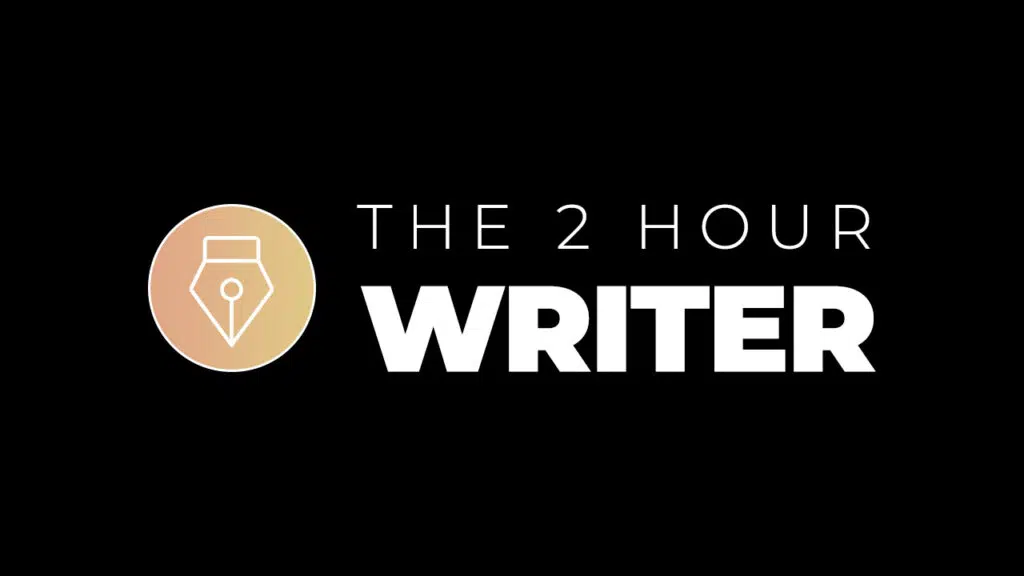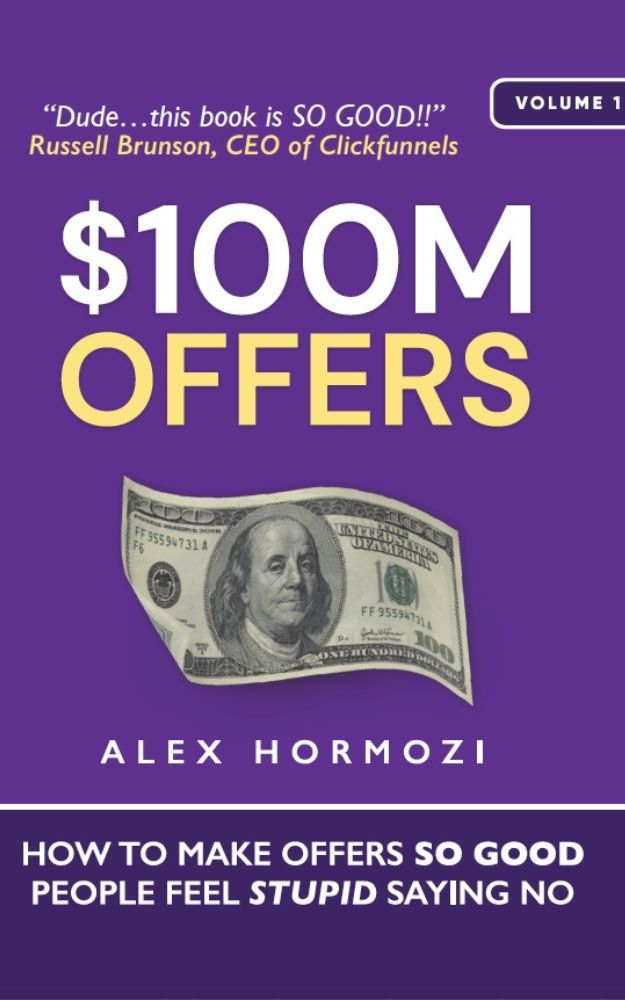Takeaways
- Commitment and endurance are the most important factors in investing.
- Pay for uncertainty, as that’s also the source of return.
- Save and be happy, cause they create maximum endurance
Book Notes
My notes are in the form of clipping that summarizes a book in the author’s own words. I have organized the excerpts from the book in a way that I find most digestible. Hope you enjoy it!
All quotes are from the original author.
You Want Happiness
“Modern capitalism is a pro at two things: generating wealth and generating envy. Perhaps they go hand in hand; wanting to surpass your peers can be the fuel of hard work. But life isn’t any fun without a sense of enough.”
“You might think you want a fancy car or a nice watch. But what you probably want is respect and admiration. And you’re more likely to gain those things through kindness and humility than horsepower and chrome.”
“Your kids don’t want your money (or what your money buys) anywhere near as much as they want you. Specifically, they want you with them.”
Sense of Controlling
“The most powerful common denominator of happiness was simple: Having a strong sense of controlling one’s life.”
“Compared to generations prior, control over your time has diminished … we shouldn’t be surprised that people don’t feel much happier even though we are, on average, richer than ever.”
“Use money to gain control over your time. The ability to do what you want, when you want, with who you want, for as long as you want to, pays the highest dividend that exists in finance.”
Investment is Personal
“We go through life with different beliefs, goals, and forecasts than I do. That’s not because one of us is smarter than the other or has better information. It’s because we’ve had different lives shaped by different and equally persuasive experiences.”
“Not intelligence, or education, or sophistication. Just the dumb luck of when and where you were born … That kind of thing doesn’t just affect the opportunities you come across; it affects what you think about those opportunities when they’re presented to you.””
“Spreadsheets can model the historic frequency of big stock market declines. But they can’t model the feeling of coming home, looking at your kids, and wondering if you’ve made a mistake that will impact their lives.”
“As investor Michael Batnick says, “some lessons have to be experienced before they can be understood.” We are all victims, in different ways, to that truth.”
“Define the game you’re playing, and make sure your actions are not being influenced by people playing a different game.”
3 Forces of Wealth Accumulation
Time
“If you want to do better as an investor, the single most powerful thing you can do is increase your time horizon. It makes little things grow big and big mistakes fade away. It can’t neutralize luck and risk, but it pushes results closer towards what people deserve.”
Compounding
“If something compounds—if a little growth serves as the fuel for future growth—a small starting base can lead to results so extraordinary they seem to defy logic.”
Tails
“A small minority of things account for the majority of outcomes… There are always few options outperform the sum of the rest 99%, but you just don’t know which are they. Become OK with a lot of things going wrong. You can be wrong half the time and still make a fortune”
3 Principles on Investment
Commitment
“There are few financial variables more correlated to performance than commitment to a strategy during its lean years—both the amount of performance and the odds of capturing it over a given period of time.”
Reasonable > Rational
“Do not aim to be coldly rational when making financial decisions. Reasonable is more realistic, and you have a better chance of sticking with it for the long run, which is what matters most when managing money.”
Room for Error
“A gap between what could happen in the future and what you need to happen in the future in order to do well is what gives you endurance, and endurance is what makes compounding magic over time.”
3 Tips for Getting Rich
Pay The Tickets
“Uncertainty, doubt, and regret are common costs in the finance world. They’re often worth paying. But you have to view them as fees (a price worth paying to get something nice in exchange) rather than fines (a penalty you should avoid).”
“It sounds trivial, but thinking of market volatility as a fee rather than a fine is an important part of developing the kind of mindset that lets you stick around long enough for investing gains to work in your favor.”
Don’t Be Extreme
“You should like risk because it pays off over time. But you should be paranoid of ruinous risk because it prevents you from taking future risks that will pay off over time.”
“The idea is that you have to take risk to get ahead, but no risk that can wipe you out is ever worth taking.”
Save as much as Possible
“Every bit of savings is like taking a point in the future that would have been owned by someone else and giving it back to yourself.””
“When you don’t have control over your time, you’re forced to accept whatever bad luck is thrown your way. But if you have flexibility, you have the time to wait for no-brainer opportunities to fall in your lap.”
“Less ego, more wealth. Saving money is the gap between your ego and your income, and wealth is what you don’t see.”
Final Thoughts
We are all beginners
“But the entire concept of being entitled to retirement is, at most, two generations old… It should surprise no one that many of us are bad at saving and investing for retirement. We’re not crazy. We’re all just newbies.”
Humility
“It’s never as good or as bad as it looks… Go out of your way to find humility when things are going right and forgiveness/compassion when they go wrong.”







